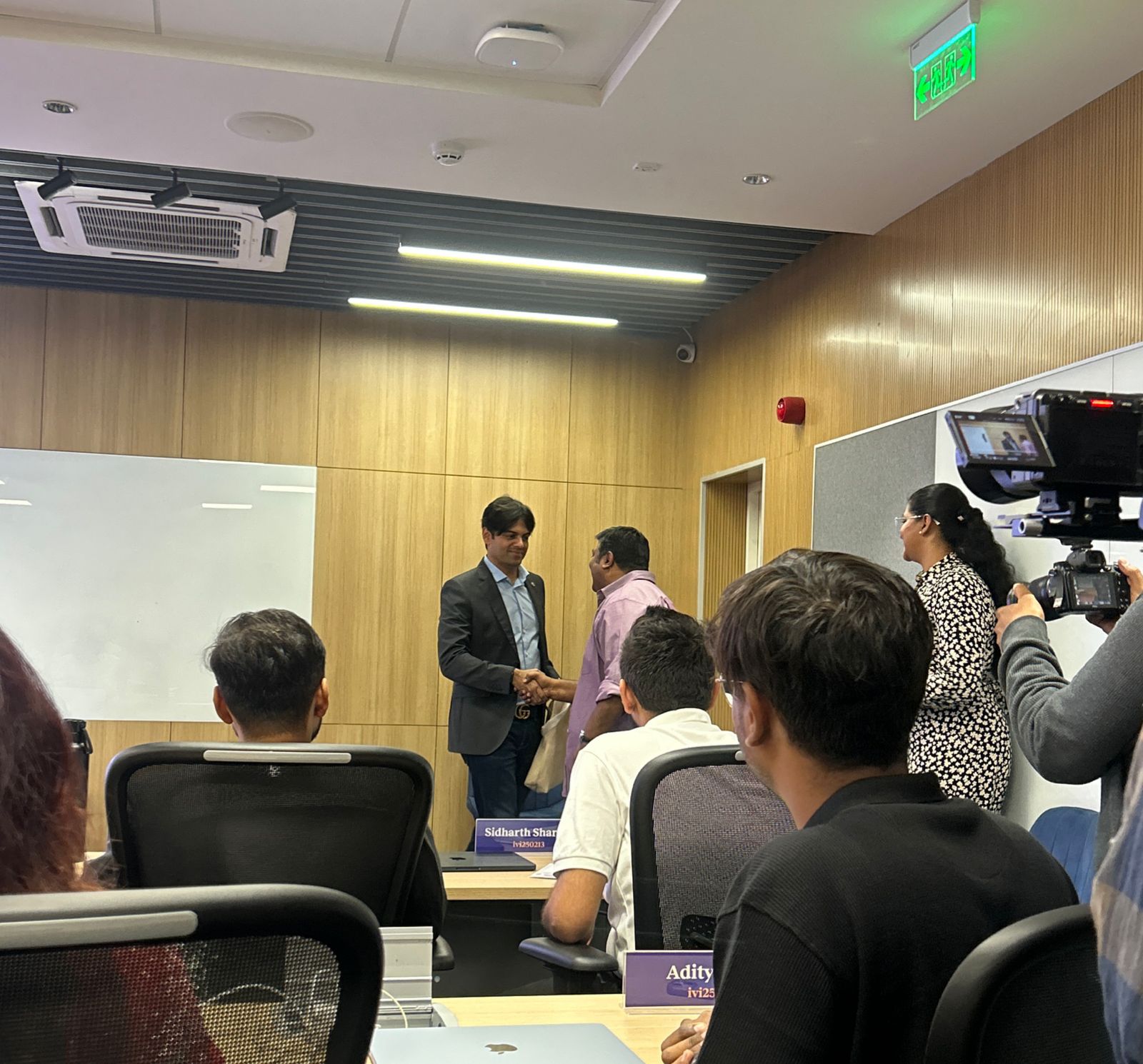1. How to earn a billion dollars sitting at home?
You probably won’t earn a billion sitting in your living room doing nothing, but yes—many billion-dollar ideas start at home. Think of Stripe, Amazon, or even Byju’s—they all began small, often from a room or garage. The key isn’t the location, it’s the idea, timing, and relentless execution. You’ll need to build something valuable at scale—like a product, platform, or system that solves a big problem for a lot of people
2. Do people get rich by selling "How to become rich" courses or rich people sell the course?
Both.
Some people pretend to be rich and sell dreams to desperate people—it’s marketing, not mastery. Others—who’ve actually built something real—sell their knowledge as a side income. The red flag is when the course is their only success. Real builders don’t only teach how to build—they’re out there building.
3. Do I really need to get graduation to start a startup?
Nope. A degree is optional.
What you do need is the skill, insight, and courage to solve a problem better than anyone else. Graduation can help with network and structure, but many successful founders dropped out. Think of it like this: a degree can be a map, but it’s not the vehicle.
4. Does your degree really matter?
In traditional jobs—yes, it can.
In startups or entrepreneurship—not really.
What matters more is your execution, grit, and the proof that you can deliver results. If your skills speak louder than your paper, you’re good.
5. Do you really need connections to raise funds?
Connections help—but they’re not everything.
What investors really want is a solid team, a real problem, and a clear path to growth. Cold emails, accelerator programs, LinkedIn outreach, startup events—all can work if you’ve got something worth backing.
6. If no, how can you raise funds?
Start with:
Build something basic (MVP) that works.
Show traction—users, revenue, engagement.
Reach out to angel investors, use platforms like AngelList, LinkedIn, or pitch to early-stage VCs.
Try incubators like Y Combinator, 100X.VC, etc.
Crowdfunding is also an option for the right ideas.
Your pitch is your biggest connection.
7. Do people really need funds in the beginning stage, or no?
Not always.
Early stages should be about building, learning, and proving. Many founders bootstrap until they hit product-market fit. Raising money too early can add pressure. But if your idea needs capital (hardware, supply chain, etc.), funds can help. Just make sure you're not raising to "start"—you're raising to scale.














/entrackr/media/post_attachments/wp-content/uploads/2021/08/Accel-1.jpg)




















